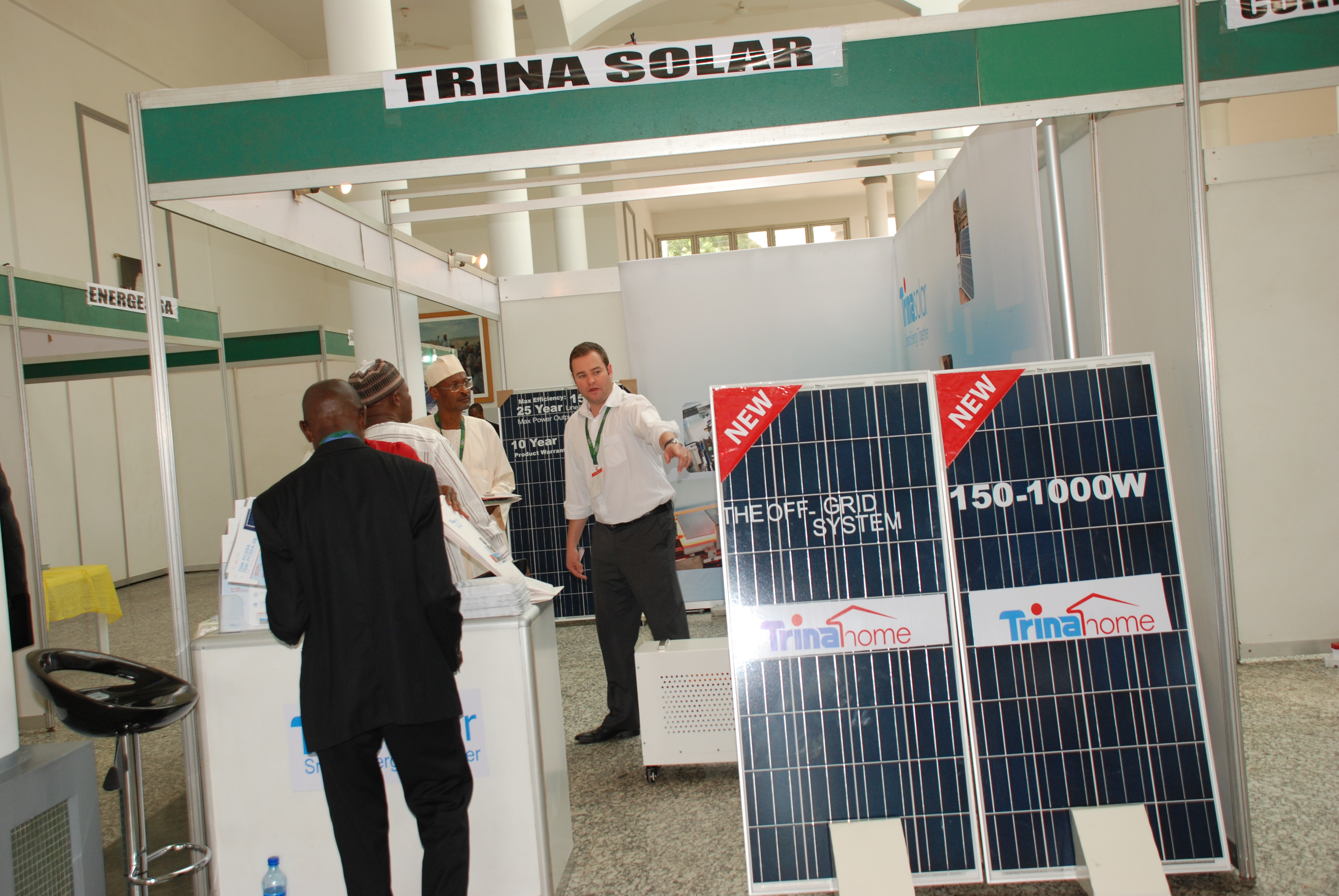Despite the challenges, there are attractive reasons for investing in Nigeria’s renewable power sector, including tax and other fiscal incentives.
There are attractive reasons to invest in Nigeria’s renewable power sector.
Nigeria, one of Africa’s leading and fastest growing economies, is estimated to have a population of over 170 million people. Nigeria has varying temperatures and natural and physical features within its 923.78 thousand sq. km land mass. The country also lies within a high sunshine belt and thus, has enormous solar energy and other solar related potentials. Resources in the Northern part of the country, provide viable potentials for photovoltaic or concentrated solar use, with insolation of up to 7 kWh/ m2/day; whilst with its massive population, there exists huge volumes of organic wastes which portend more than enough opportunities for conversion of waste to electric energy. To a lesser extent, other renewable prospects include wind as there are areas within Nigeria, especially in the coastal states, with about 700-800km of coastline, where there are strong winds that could be utilized in generation of power.
Policy
The Nigerian National Energy Policy (which came into effect in the April 2003) (the “Policy”) recognizes the use of renewable energy sources, such as hydro, solar, wind, biomass amongst other sources of renewable energy. In particular, the Policy recognizes the need for the nation to integrate renewable energy (solar, in particular) into the country’s energy mix.
Further, Nigeria’s Electric Power Policy, developed by a 23-member Electric Power Sector Reform Implementation Committee (EPIC) and approved by the Federal Government of Nigeria, in the year 2001 specifically states in Section 7.1 (i) that the rural electrification policy shall include a full menu of rural electrification options, such as grid and off-grid, mini-grid, non-thermal, renewables etc.
Pursuant to powers preserved under the Electric Power Sector Reform Act No. 6 of 2005, the Nigerian Electricity Regulatory Commission (NERC), licensed in Jos, Plateau State, the first renewable power project generating above 1MW in Nigeria. NERC is the body set up by law, with regulatory oversight over the electric power sector.
Creating the Enabling Environment
Despite the fact that Nigeria is rich in hydrocarbons and has tremendous renewable power potentials, its biggest challenge is in providing electric power to its teeming population and economy. The lack of grid power has been a setback to the growth of Nigerian businesses as an average of 40% of running costs of small and medium scale businesses is on self-generation of power. This lack of grid power has hindered Nigeria’s economic growth.
Apart from privatising the formerly government owned vertically integrated power utility (NEPA) in furtherance of the ongoing power sector reform, the federal government has also been promoting the development of renewable power to overcome the electricity challenge and consequently, close the gap in power generation created by insufficient infrastructure for generating and distributing power from conventional sources of energy. To encourage investments in the renewable power segment, the Renewable Energy Research and Development Division of NERC developed the renewable energy (wind, biomass, solar and small hydro) Feed-In-Tariffs (REFiTS) that were included in the Multi Year Tariff Order (MYTO) II issued in June 2012.
In addition to the very attractive REFiTS, the government has set a 10% target for renewable power usage in the country until the year 2017, whilst a 20% renewable energy usage has been set for the year 2020. Furthermore, the President has established a “Light up Rural Nigeria Project” which aims to electrify rural areas with renewable energy. Investors, like General Electric and Federal Government of Nigeria are also considering investments in renewable energy. Currently, several programs are being launched to promote renewable energy in Nigeria and engender a more robust energy mix.
The Challenges
Despite the geography and large population which makes Nigeria the ideal renewable energy producers’ hub, renewable energy production in Nigeria has its own challenges, hence its penetration has been limited. Nigeria’s renewable energy resource potential has not been fully exploited, mainly due to the low investment levels as a result of several factors ranging from poor policy implementation to lack of knowledge by the policy makers and regulators and more specifically, the absence of an enabling environment. There are also problems around the weak national grid which is unable to wheel sufficient energy to the distribution companies. Apart from these, there is the concern that start-up capital costs of renewable power projects in Nigeria are high, relative to other places. For example, building a 1MW power project in Nigeria is estimated to cost over USD 1.8m, which is almost 50% higher than the average cost to develop such a plant elsewhere.
Cost-benefit analysis
Incentives for investment in Nigerian energy counterbalance the challenges; these incentives include a five year tax free period, the very attractive REFiTS for renewables, the guaranteed purchase of energy by the Bulk Trader and its third party collateral support that assures creditworthiness, the huge gulf between supply and demand amongst several other benefits.











